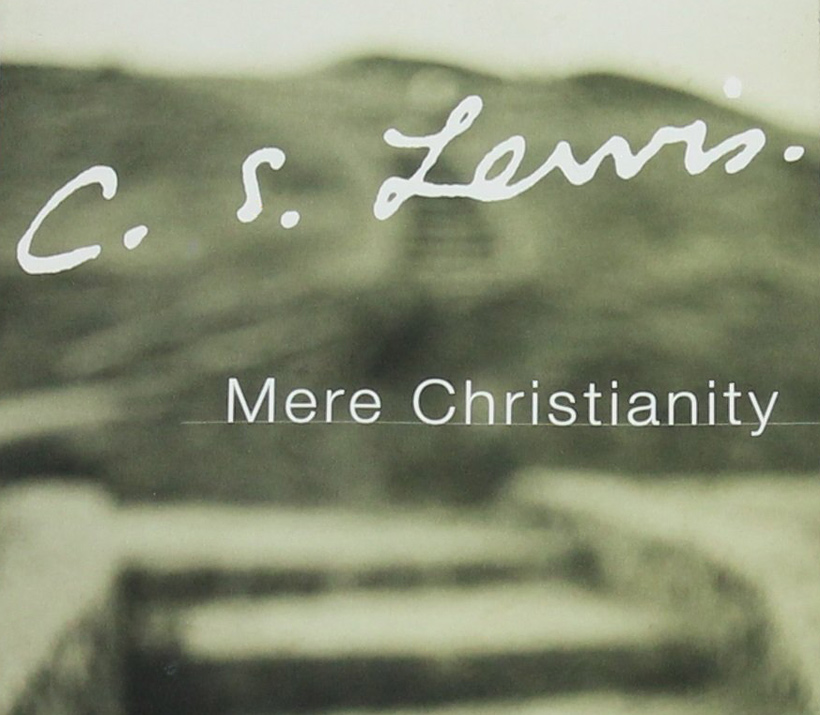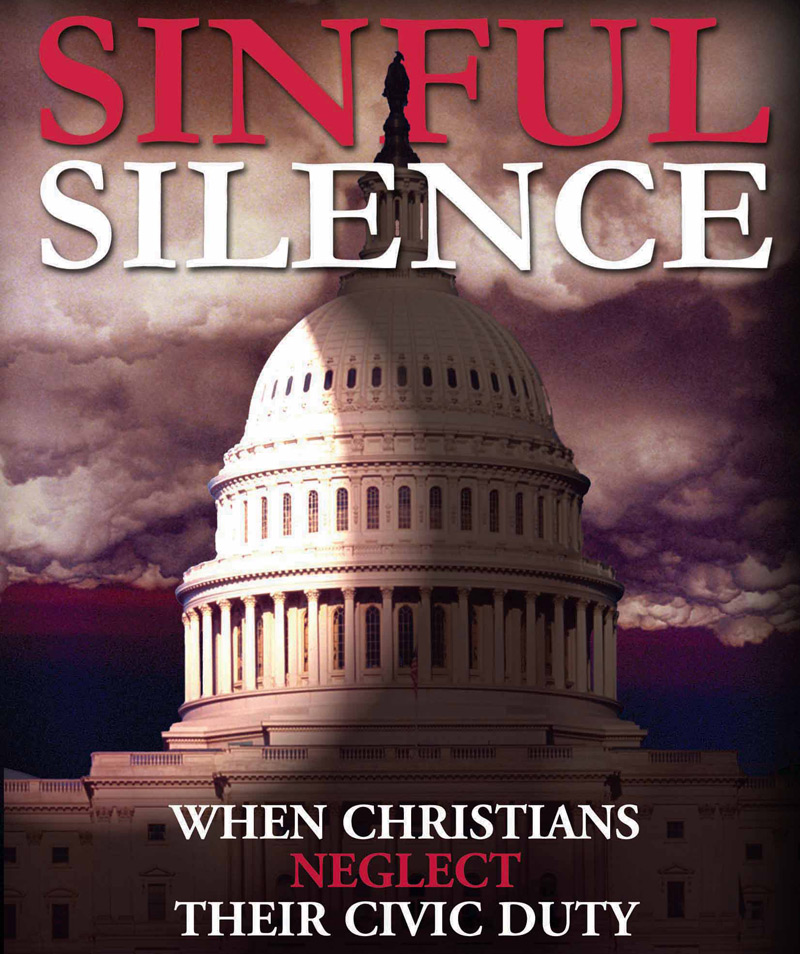C.S. Lewis is one of the most influential Christian writers of the 20th century and probably the most down-to-earth theologian that Western civilization has produced. His eloquent and reasoned defense of the core beliefs and truths of the Christian faith are truly awe-inspiring and timeless.
Lewis is an expert at making complex theological issues accessible and understandable by everyone, believers and non-believers alike. The profound and life-changing effects his writings have had on many generations bear witness to the clarity of thought, grace, and wisdom this author has bestowed upon his audience.
A master at appealing to logic and presenting issues in a whole new light, Lewis is not afraid to boldly and bluntly proclaim the obvious. An agnostic in his younger years, Lewis understood the objections of non-believers and dealt with their arguments head on.
Jesus Christ is God, Not Just a Moral Teacher
Perhaps one of his most well-known observations, recorded in the pages of Mere Christianity, concerns the “foolish” ideas people hold regarding Christ: “I’m ready to accept Jesus as a great moral teacher, but I don’t accept His claim to be God.” [Read more…]


 Book Review by Chris Banescu
Book Review by Chris Banescu by Chris Banescu
by Chris Banescu by Chris Banescu
by Chris Banescu